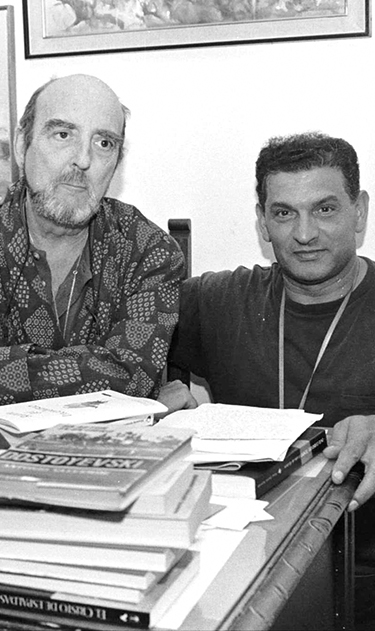The pasodoble Chiclanera is part of the soundtrack of 20th century Spain. It is a song composed by Luis Vega, who died in 1982, Rafael Oropesa (1893-1944) and Antonio Carmona (1908-1988). It was enormously popular since it was performed by singer and cantaor Ángel Sampedro Montero, artistically known as ‘Angelillo’, in the film Centinela, alerta, filmed and recorded in the critical year of 1936, whose action takes place in the heart of the civil war. The film was directed by Jean Grémillon and Luis Buñuel, who had to finish editing it so that it could be released in November 1937.
Since then, it has known numerous versions, most of them instrumental, from the music bands that keep it in their repertoire, a custom that in turn extends to the dulzainero groups. It was also recorded by such well-known voices as Joselito (with some variation in the lyrics), Manolo Escobar and Carlos Cano. The latter made reference to it to challenge the belief that the copla was pro-Franco, since it was sung to him by his grandmother, the widow of a chemist who was executed during the repression of Granada.
Le dije a mi chiclanera
hasta mañana y me fui
con la moza volandera
que en un colmao conocí.
(I told my girl from Chiclana/see you tomorrow and I left/with the passing girl/I met in a shop.)
The lyrics, usually sung by a man, are an appropriate opening to the full-length film of love and heartbreak, betrayal and regret. The composer of the music, Rafael Oropesa, was concertmaster of Madrid’s symphonic band, although at the outbreak of the war he was mobilized and went on to conduct the band of General Líster’s Fifth Regiment in the Republican army. After the war he went into exile in Mexico where he died.
